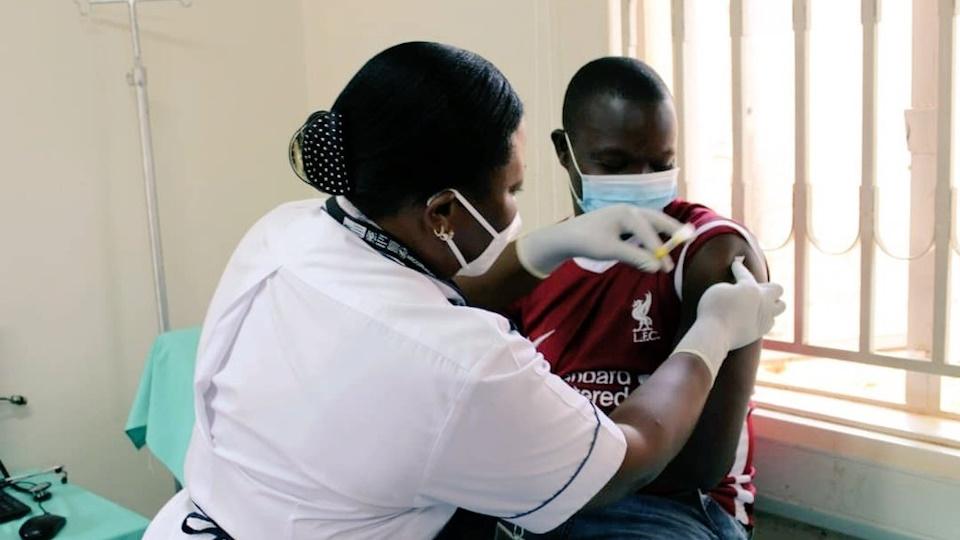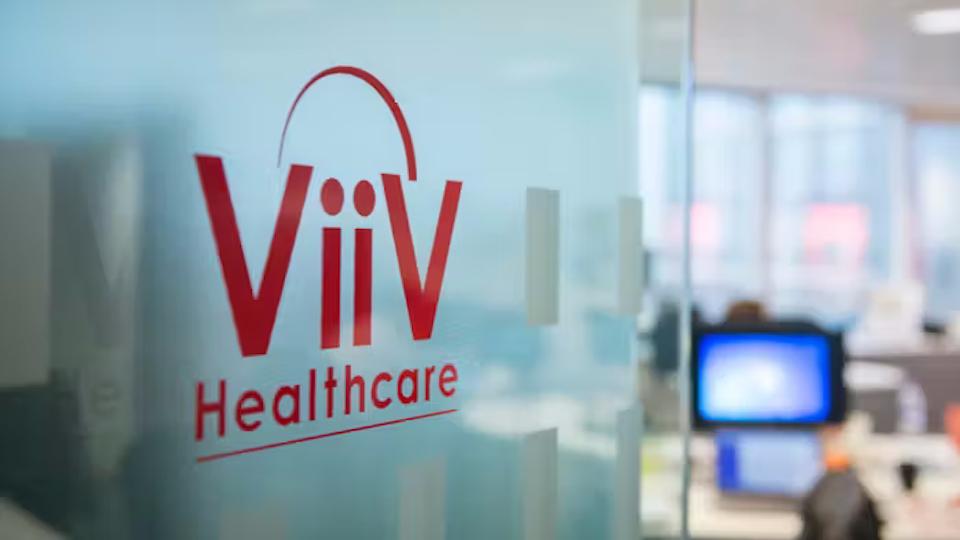Africa-led HIV vaccine trial ends in failure

A trial viewed as the best hope of finding an effective HIV vaccine this decade has ended in failure in another major setback for the field.
The PrEPVacc trial in East and Sothern Africa is currently the only large-scale HIV vaccine efficacy trial being conducted in the world, according to the scientists behind the effort, but the decision has been taken to halt it after an interim look at the data.
Dr Eugene Ruzagira of the Uganda Virus Research Institute (UVRI) told the International Conference on AIDS and STIs in Africa (ICASA) in Zimbabwe this week that the study had stopped dosing patients as there “is little or no chance of the trial demonstrating vaccine efficacy in preventing HIV acquisition.”
The study enrolled more than 1,500 participants and was testing two experimental vaccine combination regimens, as well as drug-based pre-exposure prophylaxis (PrEP) based on Gilead Sciences’ Descovy (tenofovir alafenamide). The PrEP arm of the trial will continue as planned.
The two vaccine regimens consisted of combined DNA and protein vaccines – DNA-HIV-PT123 plus monomeric AIDSVAX B/E – and DNA-HIV-PT123 plus trimeric CN54gp140, followed by poxvirus-based MVA CMDR plus trimeric CN54gp140.
Enrolment of healthy adults aged 18-40 in PrEPVacc began in December 2020 and was completed last March, focusing on individuals who had reported behaviours that made them more vulnerable to acquiring HIV. The last vaccinations were administered on 22nd November.
Follow-up of all participants will continue for additional safety data collection, HIV testing, and referral for ongoing care for six months after the last vaccine injection for all participants or until the end of the oral PrEP trial - whichever is longest.
“PrEPVacc clinicians and scientists will not know the vaccine trial’s full results until after June 2024, when the collection of all the trial data is complete, and they can be analysed,” said Ruzagira, who noted that a report will be available towards the end of next year.
It is the second HIV vaccine initiative to be abandoned this year, after Johnson & Johnson stopped work on its Ad26.Mos4.HIV shot following disappointing results in the phase 3 HPX3002/HVTN706 trial.
Despite more than 30 years of research, the ability of HIV to rapidly mutate means that classical approaches to vaccine design have been ineffective, and at least four prior vaccine candidates have failed in clinical trials.
In 2021, for example, the HVTN702 study of two co-administered HIV candidate vaccines from Sanofi Pasteur and GSK, combined with GSK’s adjuvant MF59, was also discontinued due to a lack of efficacy.
The hope now is that the mRNA technology that proved so effective against COVID-19 could open a path forwards.
Last year, Moderna and the National Institutes of Health in the US started clinical trials of multiple mRNA-based HIV vaccine candidates, including some intended for use in combination, so they can target a broad range of HIV antigens.













